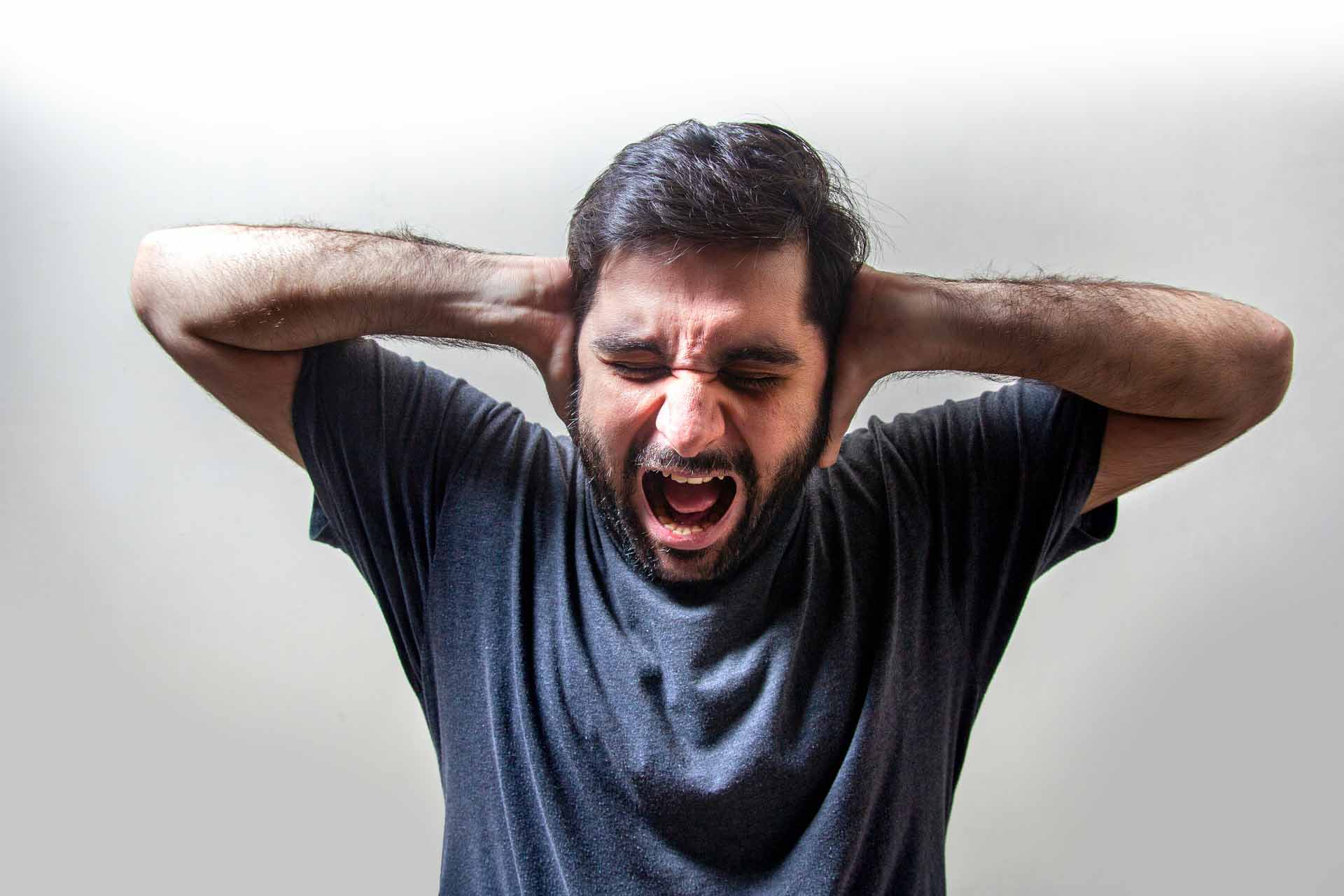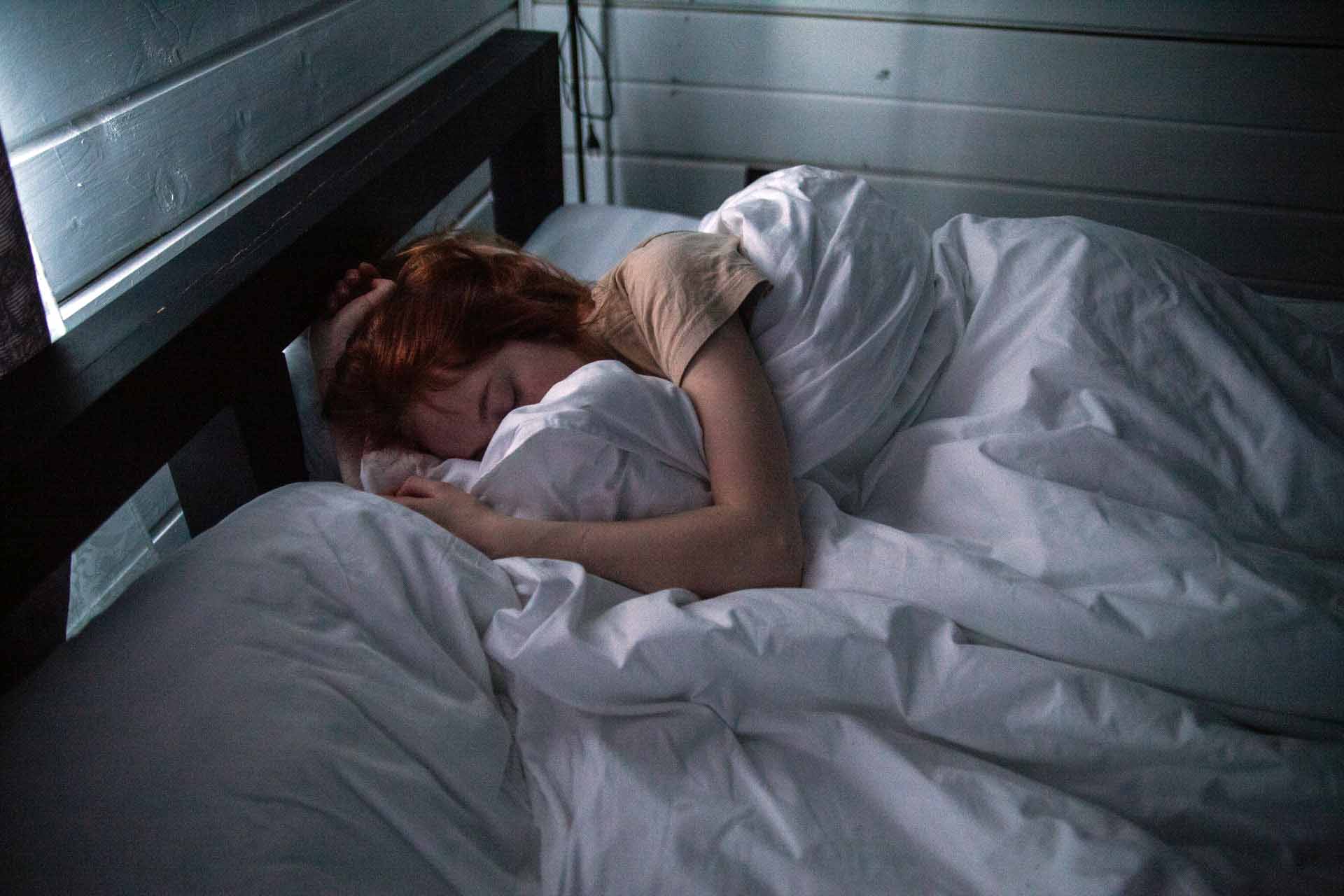Did you know that anxiety or stress is one of the most common mental health problems in America, according to the Anxiety Association of America? Approximately 40 million people (18% of the population) get affected each year. If you have stress in your life, there’s a greater chance you’re struggling to fall asleep at night. Your anxious worries about life and problems can prevent your brain from settling down.
This disruption of sleep will probably make you feel more on edge the following day. To understand the role of deep sleep in treating anxiety, we first have to understand what anxiety and anxiety disorders are before rushing to Green Roads CBD to get your wellness products. In this article, we’ll aim to answer these questions:
- What are anxiety and anxiety disorders?
- What are the sleep anxiety symptoms?
- What is deep sleep?
- How does deep sleep help in treating anxiety?
Read on to find out the answers.
What are anxiety and anxiety disorders?
Anxiety refers to a feeling of unease and worry. Being anxious in stressful or fearful situations is normal. However, a problem arises when it becomes excessive. That’s where anxiety disorders come in when distress levels are on the roof. These feelings persistently occur during most days for six or more months.
What are the sleep anxiety symptoms?

The symptoms of anxiety disorder can affect you physically and emotionally. People with anxiety may have the following symptoms:
- Having trouble sleeping
- Sweating
- Trembling
- Feeling restless or tense
- A feeling of tiredness and weakness
- Having problems in controlling worry
- Having a sense of impending doom
- Hyperventilation – rapid breathing
- Elevated heart rate
- Having an urge to avoid things that trigger anxiety
- Feelings of weakness or tiredness
There are several types of anxiety disorders, including:
- Panic disorder
- Agoraphobia
- Selective mutism
- Specific phobias
- Separation anxiety disorder
- Generalized anxiety disorder
- Medical anxiety disorder
What is deep sleep?

You might have known that adults require a 7-to-9-hour sleep every night. However, sleep quality is essential. Your body goes through various stages of sleep cycles when you rest. We call one of these stages deep sleep. It’s a sleep stage that makes you feel refreshed when waking up. It’s when the brain waves and the body slows down. It isn’t easy to wake from a deep sleep. You might feel groggy if you do.
Stages of Deep Sleep
There are two categories of sleep:
- Rapid Eye Movement (REM)
- Non-Rapid Eye Movement (non-REM)
Your night of sleep begins with a non-REM rest followed by a short period of REM sleep. This cycle continues through your sleeping period throughout the night, approximately after every 90 minutes.
Deep sleep occurs at the last stage of non-REM sleep.
Non-REM sleep
The first stage of non-REM sleep takes several minutes as you evolve from being awake to sleeping.
Here’s what happens during stage 1:
- Your body muscles relax with occasional twitches
- Your body functions—such as eye movements, heartbeat, and respiration slow down.
- Your brain waves slow down from being awake
At stage 2 of the sleeping cycle:
- Your body temperature drops
- All systems of your body continue to slow down and relax
- Brain waves continue to slow down with occasional bursts of activity
- Eye movements stop
- Your temperature drops
You experience deep sleep during stages 3 and 4.
At these stages:
- It is difficult to wake even with the loudest noises
- Your heart and breathing rate are at their slowest as your body muscles relax
- Your brain waves are at their lowest they can be while sleeping
REM sleep
The fifth period of REM sleep occurs approximately 90 minutes after going through the non-REM stages.
During this stage:
- Your limbs might become paralyzed
- You have an irregular and faster breathing rate
- You dream as your brain activity rises to a wakeful state
- You experience a rapid heart rate as you near your awake state
- There’s a quick side-to-side eye movement
How does deep sleep help in treating anxiety?

The glucose metabolism in the brain rises when in deep sleep that supports short-term and long-term memory and learning. During deep sleep, the pituitary glands secrete vital hormones such as growth hormones that lead to the development and growth of the body. There are some vape retailers in us that can be available.
Deep sleep can also help in:
- Cell regeneration
- Improving blood supply to muscles
- Promoting the repair and growth of bones and tissues
- Strengthening the immune system
- Energy restoration
How to improve sleep and manage anxiety?
Tailor your environment
Take control of sound, temperature, and light that can help you have a good night’s rest. You have a higher chance of calming your mind to fall asleep when your room is dark, quiet, and calm.
Limit screen time
The electronic devices we use daily emit light that keeps the brain awake. Working at night or checking your emails can trigger anxiety and make it difficult to sleep at night. Create a reminder that alerts you to avoid screen time hours before bed or listen to soft music.
Limit your alcohol and caffeine intake
Excessive consumption of caffeine or drinking a few hours before bed can keep you awake and raise your anxiety levels that inhibit sleep. Alcohol consumption can also increase the heart rate that keeps you awake. You can take lots of water throughout the day, but not too much of it before bedtime.
Move around
It would be best if you moved your body around. Having regular exercise can lower your anxiety and improve your sleep. However, exercising right before bedtime can keep you awake. Moving around during the day can help your sleeping and waking cycle be on track and prevent insomnia and sleep apnea.
Conclusion
William Shakespeare’s Macbeth was right when he said that sleep is the “balm of hurt minds.” The role of deep sleep in treating anxiety is evident. A night of slumber stabilizes emotions, heals our bodies, and promotes growth.
